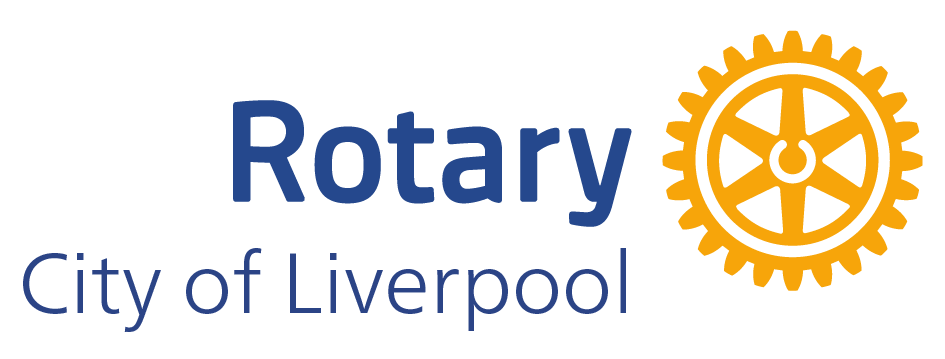Water lot of waffle
As the fourth summer heatwave of 2025 is forecast to bake the UK, there are warnings from utility companies that reservoirs are running low and hosepipe bans – or worse – could soon follow.
Many of us living in North West England received emails some months ago warning that lower than average rainfall over the winter left some reservoirs perilously low in the early spring and drastic measures might be needed if rain – lots of it – did not fall soon. That has not happened, at least not in the quantities needed.
And yet, we are the lucky ones. We have clear, drinkable water piped to our homes. Seemingly limitless supplies are available all day, every day. It is also extremely rare that our collective health is affected by contaminated water. Around the world, however, the story is very different.
The United Nations estimates that 2.2bn people worldwide have no access to clear water. Even more shocking is the figure of 3.5bn who do not have access to safe sanitation. It’s also been suggested that the right of access to clean water and sanitation could lead to a series of bloody conflicts around the world, further adding tension to a global political tinderbox where just the tiniest extra spark could set it well and truly alight.
But there are people willing to do something to help. UNICEF estimates that, since 2015, 687m people have gained access to safely managed water services. The organisation defines that as ‘drinking water from an improved source that is accessible on premises, available when needed and free from faecal and priority chemical contamination’.
Part of the work to achieve the startling statistic noted above has been undertaken by Rotary International, with contributions offered by the City of Liverpool Rotary Club.
For decades, Rotary has been working to provide clean water supplies to the world by digging wells and laying pipes. We’ve provided filters and we’ve installed sinks and toilets.
Infrastructure, however, does not last for ever and needs renewing and replacing, and that is a colossally costly undertaking. As a result, over the years, Rotary has shifted its focus onto projects which underline the importance of education, collaboration and sustainability. Its WASH – water, sanitation and hygiene – programmes are contributing to significant and longer-lasting change.
Locally, Rotary Clubs such as the City of Liverpool provide financial support to help educate communities in the maintenance of water supply systems and to understand the importance of water in proper sanitation and hygiene practices.
Children are being educated that good hygiene prevents to spread of diseases, thus making homes and schools healthier and allowing communities to grow. It can also mean that a mother does not have to walk for hours every day to collect water and will be able to earn an income to support her family.
“Rotary internationally does a hugely valuable job helping people to access clean water,” said Gayle Allen, President of City of Liverpool Rotary Club. “We play our part locally in supporting a range of initiatives which take place in various parts of the world and we do this through a range of fund-raising efforts throughout the year.
“It is comforting to know that we are helping improve people’s lives, their health and their general wellbeing.
“The great thing is that anyone can become a Rotary member – and join the worldwide movement of People of Action.”

